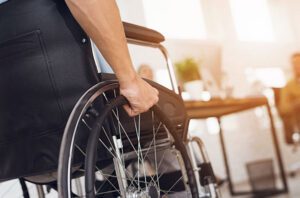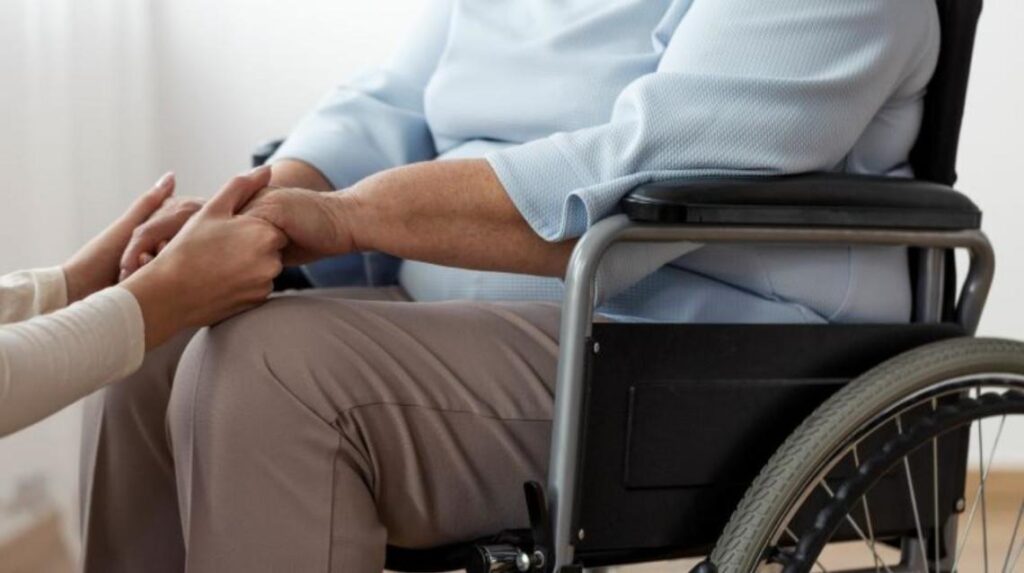Paralysis Treatment in Solapur
What is paralysis?
When you’re paralysed, you can’t move your muscles on your own. Valsangkar Hospital provides one of best Paralysis Treatment in Solapur
Nerves that are not damaged provide information to muscles. These signals cause muscles to contract. You can’t move certain areas of your body if you’re paralysed or have paralysis.
The underlying cause of paralysis, as well as the symptoms experienced, will determine the treatment plan and outlook for the illness. Technological advancements and therapeutic interventions may be able to assist you in maintaining your independence and quality of life.

What exactly are the signs and symptoms of paralysis?
Paralysis typically has evident symptoms and indicators. If you become paralysed, you will no longer be able to move a small or major area of your body. A tingling or numbing sensation could appear before complete paralysis. The paralysis will make it difficult or impossible to control the muscles in the affected body parts.
What different levels of paralysis are there?
Some people have temporary paralysis before eventually regaining some or all of their movement. For instance, Bell’s palsy momentarily paralyses the muscles in the face. Palsy is the medical name for tremor-accompanied paralysis. If you are permanently paralysed, you will never regain muscle control. The situation cannot be changed. The paralysis can affect any area of the body. It could be:
- Partial (paresis): Only a portion of your muscles are under your control.
- Your muscles are completely within your control.
There are two categories of paralysis based on where the neurological system was damaged:
- Flaccid: Your muscles sag and become flaccid.
- Spastic: Muscles contract, causing jerks and spasms that are involuntary.
What causes a person to become paralysed?
A problem with the nervous system leads to paralysis. Your body’s command and communication system is called the nervous system. Some people, like those who have spine bifida, are born with congenital defects that result in paralysis. Traumatic injuries or medical diseases typically impair muscle and nerve function.
- Autoimmune diseases include multiple sclerosis (MS) and Guillain-Barré syndrome.
- A form of neurological disease is called amyotrophic lateral sclerosis (ALS).

Treatments - Paralysis Treatment in Solapur
The condition of paralysis is now incurable. Depending on the cause and nature of the sickness, some people do, nevertheless, recover partially or completely.
Bell’s palsy or stroke-related transient paralysis may resolve on its own if not treated. If paralysis is brought on by a spinal cord injury or a persistent neurological condition, a person may also regain some muscle control. While rehabilitation cannot completely cure paralysis, it can help prevent symptoms from worsening. One of the greatest paralysis treatments in Solapur is offered by Valsangkar Hospital.
Options for treatment include:
- Physical therapy
- Workplace medicine
Examples of mobility aids include wheelchairs, walkers, and braces.
- Medications
- Surgical amputation
- Nerve graft surgery

